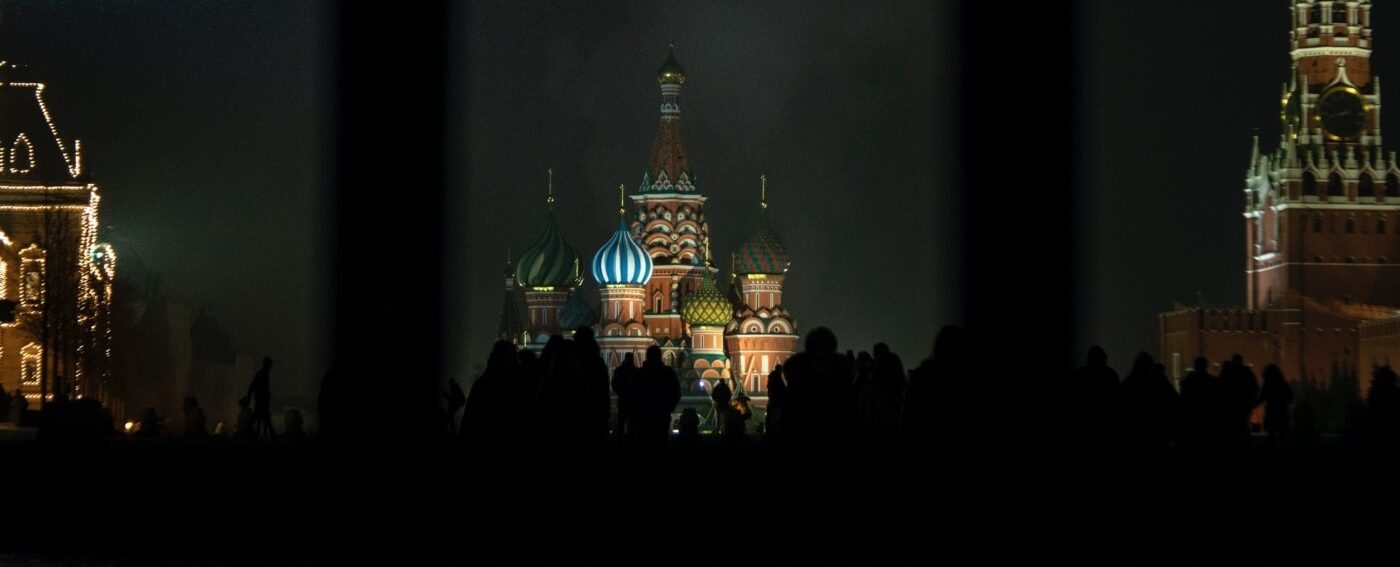Russia and Ukraine: A game of geopolitical poker
Trouble is brewing in Ukraine. But that isn’t exactly new. Amidst all the news that has been inundating our screens recently, Russia’s amassing of troops on its borders with Ukraine has managed to stay largely off the media radar, although it has now reached such a scale that we must pay attention.
Since the Spring of 2021, Russia has been gathering thousands of soldiers, heavy weapons, and other military assets alongside its borders with Ukraine in Crimea, south-western Russia, and Transnistria in eastern Moldova. This is the latest development in what has in effect been a proxy-war between the two states since Russia annexed Crimea in 2014, and when a crude ‘peace’ deal was established in 2015.
The conflict has simmered along since then. Russia has clandestinely provided military aid to Ukrainian separatists and Ukraine has watched in horror as the EU proceeded with constructing the Nord Stream 2 gas pipeline. This infrastructure project, if turned online, will effectively remove the only hand Ukraine has in their geopolitical deck of cards: the ability to cut Russia’s gas pipelines. It is important to remember that, for all their bluster about harsh sanctions, many European countries and in particular Germany, are heavily reliant upon Russian gas to heat their homes.
Carrying on the card game analogy, Putin has been playing his hand particularly well. High stakes are how Russia operates and Putin made it clear that his aggressive troop deployments were carried out in order to receive dividends largely of Russia’s choosing. It is a game of geopolitical poker that is consistently proving that, despite the fall of the USSR, Russia is still very much in the game today. Compared to Russia’s threats, the European threat of harsh sanctions just doesn’t seem to equate. The game remains in play.
Putin won’t be suffering from sleepless nights
Back in May, Putin withdrew some troops after a summit with Biden was agreed upon. But now Putin is back at the table, increasing the stakes tenfold. This time Russia is demanding legal guarantees that Ukraine will never join NATO or host the organisation’s missile systems; guarantees which, when Nord Stream 2 is inevitably switched on, will leave Ukraine impotent and completely at Russia’s mercy. In the recent draft treaty proposed by the Kremlin, Russia also demanded that NATO forces leave any country they were not present in before 1997, conveniently jettisoning Latvia, Lithuania, and Estonia if the treaty were to be agreed upon.
Now that Putin knows that the game works largely in his favour, competing against a divided and incohesive bloc, he is playing a big hand. Whether he secures Ukraine’s concessions, and what impact the threat of severe sanctions from Europe and the US could have on Putin’s gamble, will be decided in the coming months. Putin’s forces will have to return home eventually during this winter period so we may find out sooner rather than later whether he is actually prepared to use them – all the evidence suggests he is.
Russia and NATO are employing strategies at opposite ends of each other. Hard military power versus soft economic measures. More traditionally, Russia is using straightforward scare tactics to win concessions which will later allow for even more blood to be drawn. Biden and the gang, however, are opting for a less explicitly ballsy economic way of scaring Putin, threatening severe sanctions if Ukraine is attacked. So far, the US has been strong on its affirmations of such sanctions although whether Europe would follow suit is still in question. The reliance upon Russian gas coupled with other economic links to Russia, and the sheer divides between most European states – whose primary concern is covid and not Russia, as is the case for those who face their threat – reveals the comparative weakness of the EU compared to Russia.
it is unlikely we will see a full-blown invasion of Ukraine
It is safe to say then, that Putin won’t be suffering from sleepless nights. If Russia plays the game in such militaristic terms, how much will economic ramifications actually scare those who have a bunker in Moscow?
Thankfully though, it is unlikely we will see a full-blown invasion of Ukraine. Russia’s hard power is an asset that could severely diminish the instant enough sanctions are piled upon it to render any heavy-handed action an impossibility. Yet Putin is also a patient player, secure in his government and able to outlast Western leaders – Trump 2024 and a more supplicant Whitehouse is still a distinct possibility.
If Crimea can be seized in a near bloodless fashion, there is certainly reason to believe that the large Russian-majority-speaking portions of Ukraine could fall under Russian sovereignty at some point in the near future. And again, if Russia plays the game carefully, little blood could be spilt achieving this.
If concessions are granted to Russia, the game will only continue and the stakes will increase in tandem with their confidence. One of the inherent contradictions of NATO is that Ukraine could never hope to achieve membership of the organisation. The risk that a potential Russian invasion of Ukraine could have for the group makes membership an impossibility. In not joining NATO, Ukraine took a risk that could have paid off in friendlier relations with Russia. So far, it hasn’t, and neither have sanctions done anything to frighten Putin in the past, as a current map of Ukraine will tell you.
For those EU states that are not Poland or the Baltics, this current issue is low priority. Covid still takes centre stage. With Nord Stream 2, Russian gas will still be available to heat people’s homes and as long as Ukraine stays outside of NATO, the imagined strength of that organisation can remain intact. If Ukraine does go as easily as this though, there is no reason to believe that Russia will stop there.

Comments